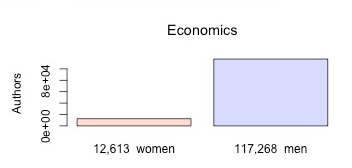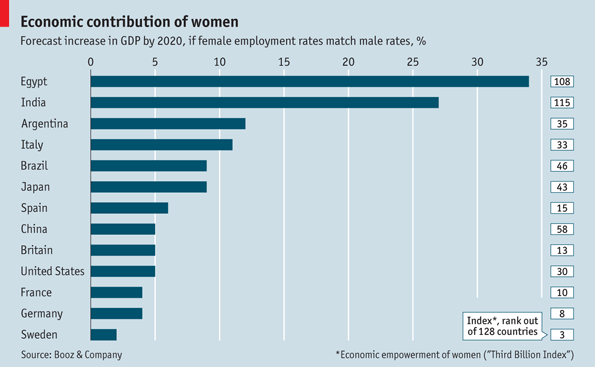It’s also useful to have a few anecdotes. There was the woman whose in-laws intervened after she and her husband had decided to use contraceptives. Or a family planning worker who swears people listen to her public health message more when her she carries her official work bag. Even if my quantitative analysis is extremely rigorous, people remember these stories.
However, I mostly find focus groups to be an unpredictable, methodologically imprecise and difficult to analyze.
Last Tuesday, we conducted a focus group in one of the nearby study villages that was included in the intervention educating local family planning workers. My field assistant liked this village; the village officer was very helpful, and this often made a big difference on how smoothly the household data was collected.
I was also impressed as a group of eight men were waiting at the village office for the meeting to start. Family planning discussions with men in Meatu can send off a flurry of debate, as many in these villages are firmly pro-natalist. However, this focus group discussion went extremely smooth. Yes, family planning would be useful for families in this village. Yes, I discuss contraceptive use with my wife. No, we don’t find it difficult to discuss. So, conclusively positive reactions to family planning?
Not exactly. If I were to simply analyze the discourse during this discussion, I would miss the entire story. With a little subjective judgment, I saw that the village leader officer had put on a nice show. The sample of this focus group discussion was clearly biased in favor of family planning. These men were mostly well educated and had mostly been screened to be appropriate for our discussion.
However, there was one older gentleman in the corner who added two things to the discussion. His initial response to questions about the cost of children was that they are not expensive. And his conclusive statement about family planning was that “it’s complicated.”
This guy was clearly not on the family planning train, had more-or-less gotten the message that the conversation should stay positive for the American guest and he was keeping his opinions to himself.
Meanwhile, my other beef with qualitative research analysis is the Worldes trend (see below). Apparently, this has become a hip and acceptable as a form of analysis. I could be the old man in the corner and just say the word “think" over and over, and this deep insight would make its way into some analysis in a presentation.
Great for a t-shirt, I think, not for a conference.
Hat tip: ALD, LN





 RSS Feed
RSS Feed